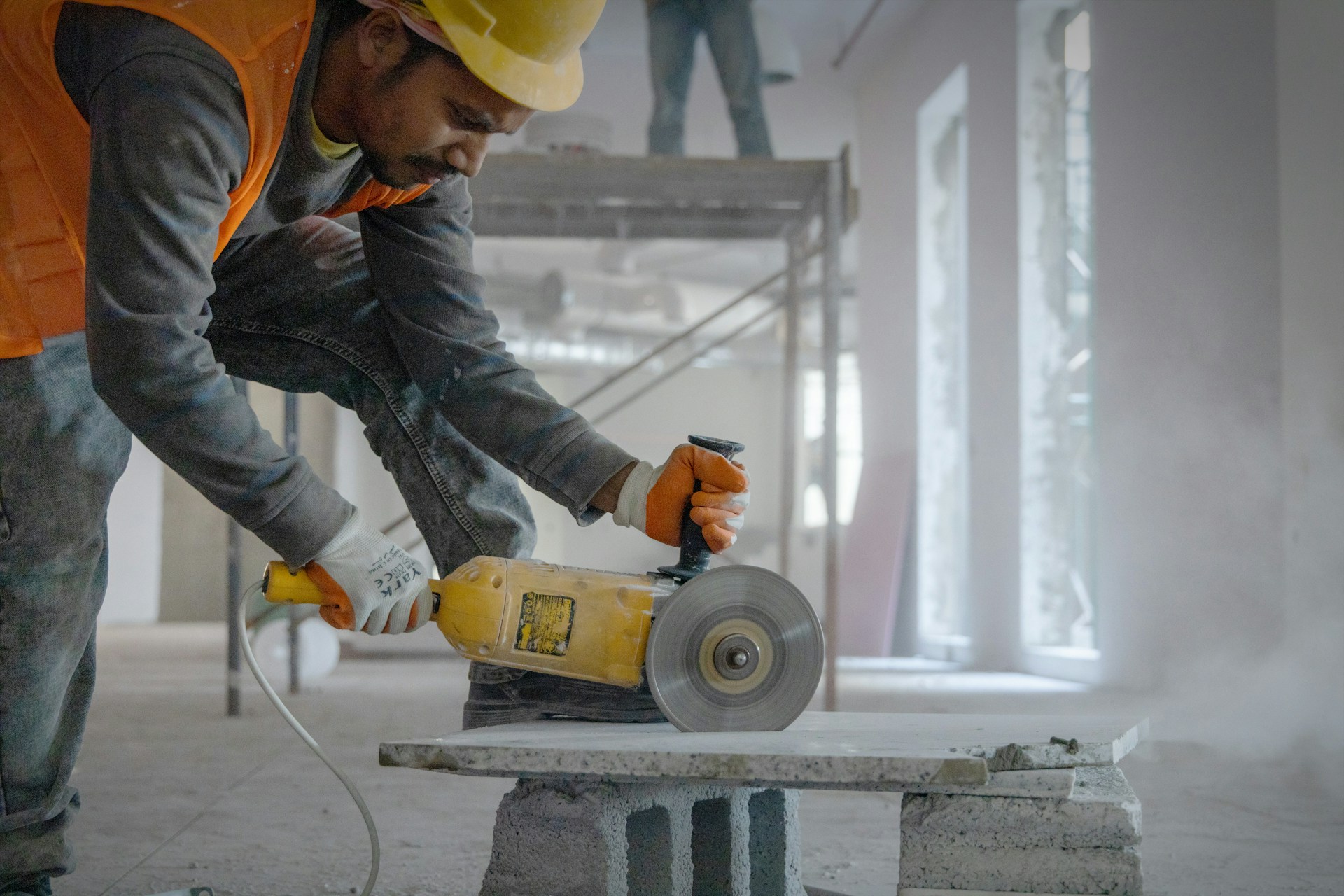Why There’s No Such Thing as a CSCS Test – And What Workers Should Know
Confused about the CSCS test? Discover why it doesn’t exist, what the CITB test is, and how mock tests help you pass and get your CSCS card.
Read more »Learn how to get your CSCS Card. Includes steps, costs, qualifications, and how to apply online for UK construction site access.

1. Complete the required qualification (Level 1 course or NVQ).
2. Book and pass the CITB Health, Safety & Environment test.
3. Apply for your CSCS card online and upload your certificates.
4. Pay the CSCS card fee.
5. Receive your card within 10–14 days.
To qualify, you need a training course that matches your role: Level 1 H&S Course for the Green Labourer Card or an NVQ Level 2–7 for Skilled Worker cards. If you have no qualifications, you can still become eligible by completing the Level 1 Health & Safety course online before applying.
Confused about the CSCS test? Discover why it doesn’t exist, what the CITB test is, and how mock tests help you pass and get your CSCS card.
Read more »The CITB test is not a difficult test to pass as long as you take the necessary steps to prepare yourself.
Read more »The Blue CSCS Card is a vital credential for individuals working in the UK construction industry. The Blue CSCS Card is awarded to skilled workers who have completed a relevant Level 2 NVQ or SVQ qualification.
Read more »Construction Certification 2026 All Rights Reserved.
Construction Certification is a booking agent that works with the constructions industry. Construction Certification is not part of CSCS or CITB.